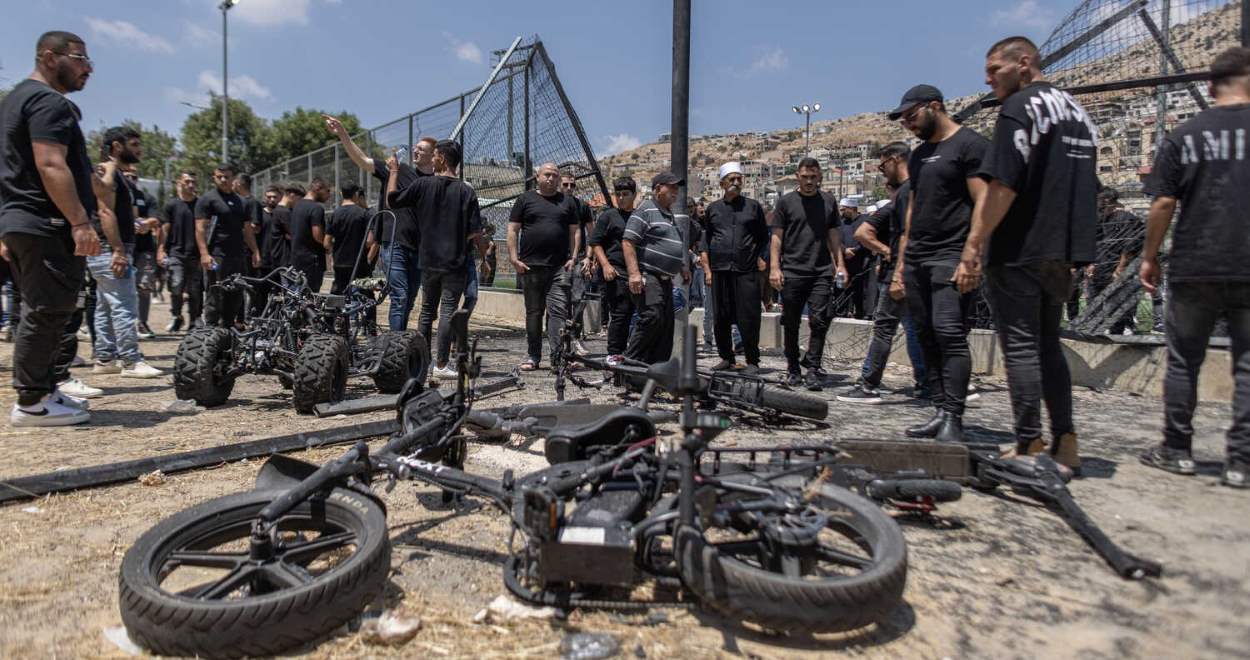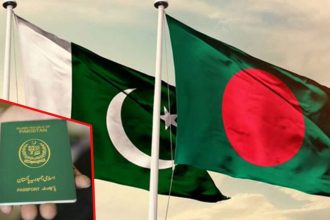Israel and Hezbollah resumed deadly exchanges on Tuesday following a lethal rocket attack from Lebanon on the Golan Heights that killed 12 children over the weekend, escalating regional tensions.
The strike targeted the Druze Arab town of Majdal Shams in the Israeli-annexed Golan Heights. Both Israel and the United States have attributed the attack to Lebanon’s Hezbollah, which has denied involvement.
Israeli Prime Minister Benjamin Netanyahu visited Majdal Shams on Monday, vowing a “severe response” and heightening fears of a broader regional conflict despite international calls for restraint.
On Tuesday, Israeli medics reported the death of a 30-year-old man following another rocket attack on HaGoshrim, a northern kibbutz. The Israeli military stated that its forces were targeting the origins of the fire in Lebanon. It also reported that overnight strikes on approximately ten Hezbollah targets in south Lebanon resulted in the death of one Hezbollah fighter.
In retaliation, Hezbollah claimed it had launched Katyusha rockets at an Israeli military headquarters in the village of Beit Hillel, responding to an Israeli attack on the town of Jibchit that caused civilian casualties.
The conflict, ongoing since the war in Gaza began in October, has led to near-daily exchanges of fire between Hezbollah and Israel in solidarity with Hamas. The AFP reports at least 531 deaths on the Lebanese side, mostly fighters, and at least 105 civilians. On the Israeli side, the conflict has claimed the lives of 22 soldiers and 25 civilians, including those in the Golan Heights.
Lebanon now anticipates possible major retaliatory strikes following the Golan attack. However, Druze residents of Majdal Shams, most of whom identify as Syrians and have rejected Israeli citizenship, have expressed opposition to retaliatory actions.
International concerns remain high, with France and other partners urging restraint to prevent further escalation. Meanwhile, the Lebanese public faces increasing anxiety amid the ongoing conflict, with many concerned about their safety and the stability of the region.






